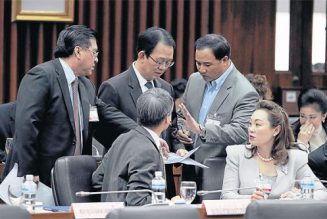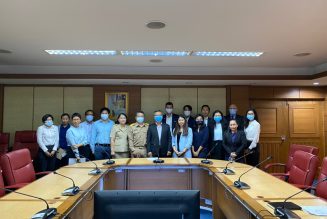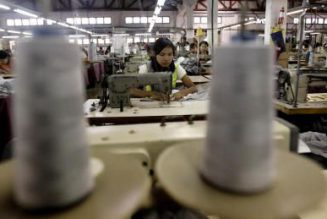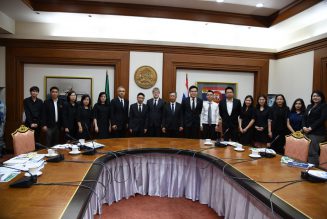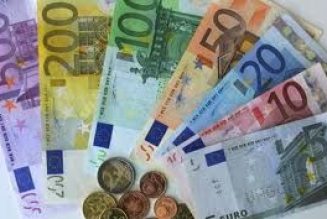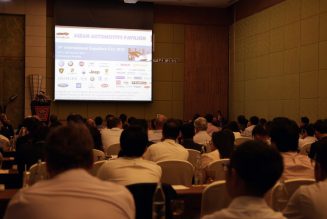Thai-German Products Plc (TGPRO) hopes to quadruple its annual revenue to about 4.5 billion baht after regional integration under the Asean Economic Community from 2015 paves the way for the SET-listed stainless steel pipe maker to make full use of its monthly production capacity of 4,000 tonnes.
Managing director Rachata Leelaprachakul said Thai-German Products will ratchet up its presence in neighbouring countries, especially Laos and Myanmar, from next year with the goal of Asean contributing 20% of revenue.
Last year, Thai-German Products rolled out 1,000 tonnes of steel pipe each month from its Rayong plant for full-year revenue of 1.12 billion baht, using only one production shift.
It is spending 362 million baht for new machinery to raise monthly capacity to between 1,500 and 2,000 tonnes by the fourth quarter to accommodate rising demand both domestically and abroad.
“We plan to increase our production to 4,000 tonnes a month within the next three years, meaning we’ll be at maximum capacity when the AEC comes into being. Tax-free trade within Asean will significantly boost demand for our products,” said Mr Rachata.
He said Malaysia is Thai-German Products’ major competitor in Asean, but his company has a greater variety of steel pipe, with thicknesses ranging up to 20 inches.
Sales director Thanong Leelaprachakul said steel pipe consumption in some neighbouring countries remains low at present.
For example, Vietnam consumes only 0.5 to 0.8 kilogrammes per person per year compared with 2.3 kg in Thailand, 30.7 kg in Singapore and a world average of 4 kg.
Meanwhile, anti-dumping measures against Taiwanese-made steel pipe imposed by the US, Turkey and Brazil will help Thai-German Products to boost its exports.
It already anticipates doubling its export revenue this year from 102 million baht last year.
Apinun Ratchatasombat, the assistant managing director, said the company will increase its registered capital by 326 million baht from the present level of 1.16 billion baht to mobilise funds for capacity expansion.
Another 150 million baht will be borrowed from banks for working capital, he said.
Last year, Thai-German Products went though business rehabilitation, returning to the black with a net profit of 746 million baht after a net loss of 786 million in 2010.
The company recorded debt restructuring gains of 700 million baht.
The company’s debt-to-equity ratio fell to 0.86:1 in this year’s first quarter from 2.46:1 last December.
Mr Rachata currently owns 17% of the company, with another 5.9% held by his daughter Montira.
Her ownership will rise to more than 10% after the capital increase.


